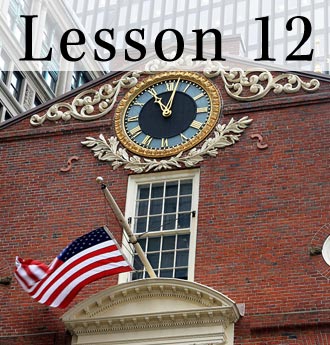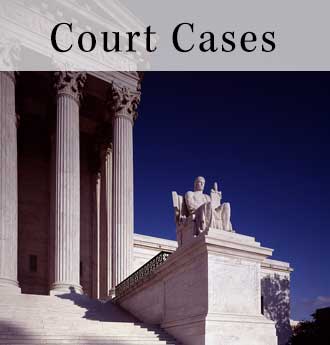Lesson 12: How Did the Delegates Distribute Powers between National and State Governments?
The Fallacies of the Freeman Detected by a [Pennsylvania] Farmer
A discussion arguing that the proposed constitution does not form a federal government but a consolidated one, and questioning whether the benefits of the proposed constitution are worth surrendering states' rights.
Link: http://bit.ly/3lmZDr
Benjamin Franklin's Speech to the Constitutional Convention
Franklin's speech, delivered by James Wilson, in favor of the new Constitution, despite its possible faults.
Link: http://www.usconstitution.net/franklin.html
Brutus No. 7
An argument against a strong national government in favor of more power resting in the states. Brutus speaks specifically to the idea of taxation and government debt to fund protection and defense.
Link: http://www.constitution.org/afp/brutus07.htm
Centinel No. 5
Anti-Federalist paper questioning the power that the necessary and proper clause gives to the federal government under the proposed constitution.
Link: http://www.constitution.org/afp/centin05.htm
Federal Farmer No. 17
An argument for a federal republic over what the author calls "consolidated government." The Federal Farmer claims that the proposed constitution would make all citizens subjects of the legislature.
Link: http://tinyurl.com/yzvy57n
Federalist No. 39
From Wikipedia: In No. 39, James Madison argues that the operation of the government will be republican but the principles of that operation will be democratic.
Link: http://www.constitution.org/fed/federa39.htm
Federalist No. 42
From Wikipedia: Federalist No. 42 is an essay by James Madison, contending that the grant of specific powers to the federal government actually operates to limit the power of the federal government to act with respect to the states.
Link: http://www.constitution.org/fed/federa42.htm
Luther Martin: Genuine Information No. 12 (1788)
Martin's extensive criticism of the Philadelphia Convention, its methods and its work.
Link: http://bit.ly/146y0y
United States Constitution
The supreme law of the United States that provides the framework for the government. The Constitution outlines the nation's institutions of government and the most important rights of the people. The document was created in 1787 during the Philadelphia Convention. The government created by the Constitution took effect on March 4, 1789.
Link: http://civiced.org/constitution







